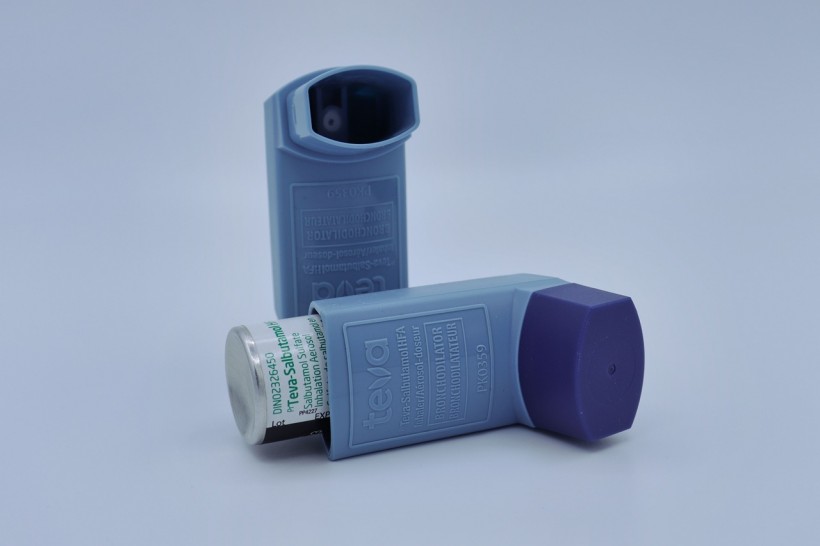New research from Queen Mary University in London presented at the British Thoracic Society reveals that adults with asthma are twice likely to have severe attacks after COVID-19 restrictions were lifted.
As ANI News reported, worsening symptoms of asthma called exacerbations or asthma attacks are the major cause of death in people with this respiratory condition. In the UK alone, about are affected while 300 million people globally are suffering from asthma. Symptoms could include breathlessness, chest tightness, wheezing, and coughing.

Risk of Severe Asthma Attacks Increased As COVID-19 Restrictions Were Lifted; Should Facemasks Return?
COVID-19 Restrictions Linked to Asthma Attacks
In the study, titled "Rebound in Asthma Exacerbations Following Relaxation of COVID-19 Restrictions: A Longitudinal Population-based Study (Covidence UK)" published in the journal Thorax, researchers analyzed data from 2,312 UK adults with asthma that participated in the university's COVIDENCE UK study between November 2020 and April 2022.
A press release reports that the team looked at how COVID-19 restrictions, such as wearing facemasks, and social distancing are related to the risk of asthma attacks. Authorities started to relax restrictions by April 2021 and 1.7% of the participants reported experiencing severe asthma attacks. In January 2022, the percentage of participants who experienced severe attacks went up to 3.7%.
Based on the findings, the team wrote that there is a subsequent increased risk of severe asthma attacks as fewer people wore face coverings, and there is more social mixing. More so, they found that COVId-19 is not more likely to trigger asthma attacks than other respiratory infections.
Lead author Professor Adrian Martineau said that the research shows that relaxation of COVID-19 restrictions coincided with an increased risk of severe asthma attacks. He also clarified that their study does not prove a cause-and-effect concept, but rather raise the possibility of certain factors of public health measure introduced during the pandemic that could help in reducing respiratory illness.
Dr. Florence Tydeman, the study's first author, added that their findings give reassurance that COVID-19 is not more likely to trigger asthma attacks than any other respiratory infections.
READ ALSO: Flu Virus Cannot Be Transmitted Through Inanimate Objects, Surfaces, Microbiologist Explains
Should Facemasks Return This Flu Season?
As the flu season began, questions arise about whether the return of facemasks is needed to prevent a potential COVID-19 surge. Studies show that COVId-19 cases and hospitalizations tend to rise during colder months, particularly in December and January, when people congregate indoors.
According to the data from the Centers for Disease Control and Prevention (CDC), cases and hospitalizations are on the decline in the US after they peaked in July. Vaccinated individuals were less likely to fall severely ill and die from the infection, but unvaccinated Americans have a five times higher risk.
Health experts told ABC News that although vaccination is the best protection against COVId-19, some people may need to consider wearing a protective face covering in case of infections rise.
Infectious disease expert Dr. Shira Doron said that masks have helped reduce COVID-19 transmission in healthcare settings. However, experts also admitted that it will be hard to convince Americans to wear facemasks again after many cities and states have removed their mandates of wearing them.
RELATED ARTICLE: COVID-19 Pandemic Is Over, US President Joe Biden Says; How Ready Are We to Live a Normal Life?
Check out more news and information on COVID-19 in Science Times.














